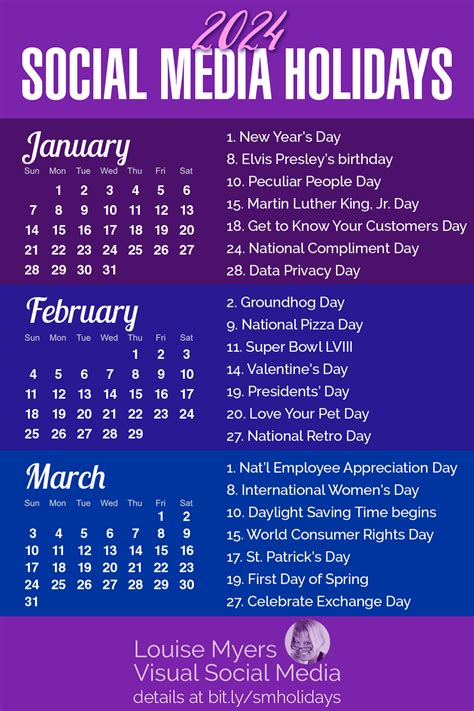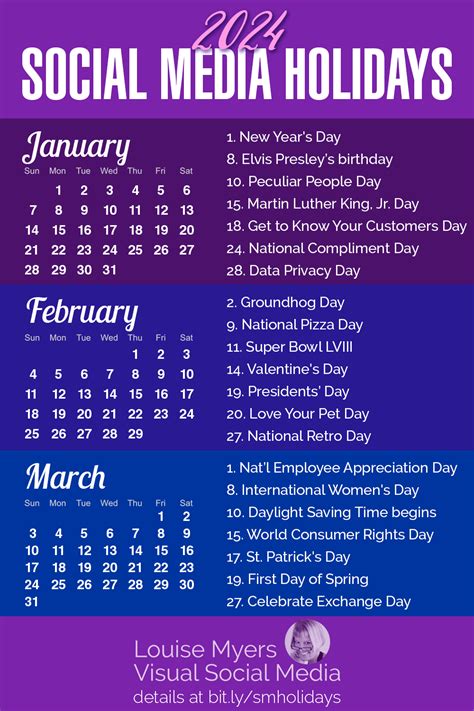Discover the impact and evolution of niche social media platforms in 2024. Explore user engagement and the future of this growing trend.Platforms, How Businesses Can Benefit from Niche Platforms, Conclusion: Embracing the Niche.
In the fast-paced world of social media, it’s no secret that the big players like Facebook, Instagram, and Twitter dominate the landscape. However, in recent years, there has been a noticeable rise in the popularity and influence of niche social media platforms. These platforms cater to specific interests, hobbies, or communities, providing a more tailored and focused experience for their users.
In this blog post, we will delve into the world of niche social media platforms and explore their impact on users and businesses alike. We will discuss what exactly niche platforms are, how they have evolved over time, and the unique opportunities they offer for user engagement. Additionally, we will take a closer look at the future of niche social media platforms and how businesses can leverage them to their advantage. So, if you’re curious about the rise of niche social media in 2024, keep reading to learn more.
What are Niche Social Media Platforms?
Niche social media platforms are specialized online communities that cater to specific interests or demographics. Unlike mainstream social networks such as Facebook or Twitter, niche platforms are designed to bring together people who share a common interest, hobby, or lifestyle. These platforms offer a more targeted and focused experience, allowing users to connect with like-minded individuals and access content that is tailored to their specific interests.
One example of a niche social media platform is Goodreads, a community for book lovers to connect with fellow readers, share recommendations, and discover new titles. Another example is Untappd, a social network for beer enthusiasts to rate and review beers, as well as find local breweries and events. These platforms provide a unique space for users to engage in conversations, share their passion, and connect with others who share their interests.
Overall, niche social media platforms play a crucial role in catering to the diverse interests and hobbies of users. They offer a more personalized experience, allowing users to engage with content that is directly relevant to their passions. In a world where mainstream social networks often prioritize popular topics and trending content, niche platforms provide a valuable alternative for users who want to connect with others who share their niche interests.
The Impact of Niche Platforms on Users
In recent years, there has been a noticeable shift in social media usage, with more users turning to niche social media platforms instead of the traditional mainstream ones. This phenomenon has had a significant impact on how users interact with each other and consume content online. Niche platforms, which are tailored to specific interests or demographics, have created a more personalized and targeted experience for users.
On these niche platforms, users can connect with like-minded individuals, share their passions, and discover content that is highly relevant to their interests. As a result, user engagement on these platforms tends to be higher compared to mainstream social media sites, as users are more invested in the content and conversations taking place. This has led to a more meaningful and authentic online experience for many users.
Furthermore, the impact of niche platforms on users extends to the types of content being created and consumed. Users are exposed to a wider range of diverse perspectives and unique content that may not be as easily accessible on mainstream platforms. This has contributed to a more inclusive and diverse online community, allowing users to explore new ideas and experiences that they may not have encountered otherwise.
Overall, the rise of niche social media platforms has had a profound impact on the way users interact and engage with online content. These platforms have created a more personalized and targeted experience, leading to higher user engagement and a more diverse and inclusive online community.
The Evolution of Niche Platforms
Niche social media platforms have undergone a significant evolution in recent years, with a growing focus on catering to specific interests and communities. These platforms have emerged as a response to the overwhelming presence of mainstream social networks, providing an alternative space for users to connect and engage with like-minded individuals.
One of the key aspects of the evolution of niche platforms is their ability to cultivate specialized communities and foster a sense of belonging among users. Whether it’s a platform dedicated to fitness enthusiasts, foodies, or pet lovers, these niche communities have carved out their own space in the digital landscape, offering a more tailored and intimate social experience.
Furthermore, niche platforms have seen significant advancements in terms of user interface and features, aiming to enhance the overall user experience and offer unique functionalities that cater to the specific interests of their user base. This evolution has allowed niche platforms to differentiate themselves from mainstream social media networks and carve out their own niche in the market.
As the digital landscape continues to evolve, niche social media platforms are expected to play an increasingly prominent role, offering users a more personalized and targeted social experience. This evolution underscores the growing demand for specialized communities and the need for platforms that cater to individual interests and passions.
User Engagement on Niche Platforms
In today’s rapidly evolving social media landscape, user engagement has become increasingly important for the success of any platform. With the rise of niche social media platforms, this trend has only intensified, as these platforms are designed to cater to specific interests and communities. This targeted approach has led to higher levels of engagement and interaction among users, as they are able to connect with like-minded individuals who share their passions and hobbies.
On niche platforms, user engagement is often much more personal and meaningful, as users are less likely to be bombarded with irrelevant content and advertisements. This creates a more authentic and genuine experience for users, leading to higher levels of satisfaction and loyalty. Additionally, niche social media platforms often provide more opportunities for users to actively participate in conversations, share their own content, and contribute to the community in a meaningful way.
One example of a successful niche platform with high levels of user engagement is Reddit, a social news aggregation and discussion website. The platform is divided into thousands of interest-based communities, known as subreddits, where users can share content, participate in discussions, and connect with others who share their interests. This has led to a highly engaged user base, with users spending an average of 10 minutes per day on the platform and a high percentage of returning visitors.
| Niche Platform | User Engagement Metrics |
|---|---|
| Goodreads | Book reviews, reading challenges, and book clubs |
| Strava | Tracking workouts, joining challenges, and connecting with other athletes |
| Twitch | Live streaming, chat interactions, and virtual communities |
As we look to the future of social media, it’s clear that niche platforms will continue to play a significant role in shaping the way users engage with content and connect with others. By offering more tailored and personalized experiences, these platforms have the potential to revolutionize the way we interact online, creating more meaningful connections and fostering a greater sense of community.
The Future of Niche Social Media
As we look ahead to the future of social media, it’s clear that niche platforms will play a significant role in shaping the landscape. These specialized platforms, catering to specific interests or demographics, have been steadily gaining popularity in recent years, and this trend is only expected to continue.
One of the key reasons for the rise of niche social media is the increasing desire for more personalized and focused online experiences. With larger platforms becoming increasingly crowded and noisy, users are turning to niche platforms to connect with like-minded individuals and access content that is tailored to their specific interests.
Moreover, the impact of niche platforms on user engagement cannot be understated. These platforms offer a sense of community and belonging that is often lacking in larger and more general social media sites. As a result, users are more likely to be active and engaged on niche platforms, leading to higher levels of interaction and content consumption.
Looking ahead to 2024 and beyond, it’s clear that the future of niche social media is bright. With users seeking more specialized and meaningful online experiences, these platforms will continue to thrive and evolve, offering unique opportunities for connection, engagement, and community building.
Frequently Asked Questions
What are niche social media platforms?
Niche social media platforms are specialized online communities that cater to specific interests, hobbies, or demographics, offering a more focused and targeted experience compared to general social media platforms.
Why are niche social media platforms becoming popular?
Niche social media platforms are becoming popular because people are seeking more personalized and tailored online experiences. These platforms provide a sense of community and belonging for individuals with unique interests, as well as more targeted advertising opportunities for businesses.
What are some examples of niche social media platforms?
Examples of niche social media platforms include Strava for athletes, Goodreads for book lovers, Dribbble for designers, Untappd for beer enthusiasts, and Nextdoor for local communities.
How are niche social media platforms different from traditional social media platforms?
Niche social media platforms differentiate themselves from traditional social media platforms by focusing on specific interests or demographics, offering a more tailored user experience, and fostering deeper connections within their communities.
What are the potential benefits of using niche social media platforms?
The potential benefits of using niche social media platforms include finding like-minded individuals, receiving more relevant content and recommendations, and accessing specialized resources and information within a specific area of interest.
How can businesses leverage niche social media platforms for marketing?
Businesses can leverage niche social media platforms for marketing by targeting their specific audience more effectively, engaging in more personalized interactions with potential customers, and collaborating with influencers and community leaders within the niche.
What are the future trends for niche social media platforms?
In the future, niche social media platforms are expected to continue growing in number and popularity, offering even more specialized and tailored experiences for users. We may also see an increase in community-based and membership-driven niche platforms.



